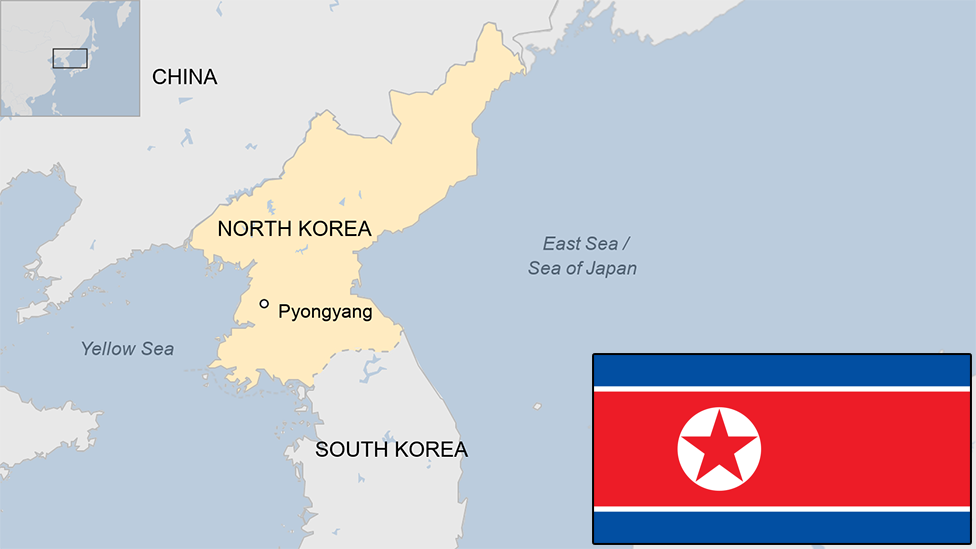US and North Korea envoys to finalise food aid
- Published
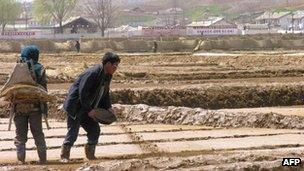
North Korea has suffered persistent food shortages since a famine in the 1990s
Envoys from the United States and North Korea are meeting in Beijing to finalise details of a food aid deal.
The agreement to send aid was reached last week after Pyongyang agreed to halt nuclear activities and allow United Nations inspectors in.
The US has not sent food aid to North Korea since 2009.
Special envoy Robert King said the talks aimed at ensuring that the food shipment - meant for a million North Koreans - reached the most needy.
"The food nutrition assistance programme that we are here to talk about is a complicated programme and we need to work out the details in terms of how we are going to carry that programme out," Mr King told reporters before heading for the meeting.
North Korea has suffered persistent food shortages since a famine in the 1990s, and relies on foreign aid to feed its people. The 240,000 tonnes of food aid are intended for children and pregnant women, US officials said.
The deal was announced last week after three rounds of talks between the US and North Korea.
It has been welcomed cautiously by China, Russia, Japan and South Korea - countries involved, along with the US, in the six-party disarmament negotiations with Pyongyang, which broke down in 2009.
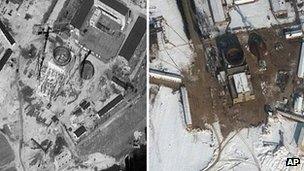
Satellite images of Yongbyon nuclear complex in September 2011 (left) and last month (right)
North Korea agreed in 2005 to give up its nuclear ambitions in return for aid and political concessions, as part of the six-nation dialogue. But progress on the deal was stop-start, and talks became deadlocked.
Contact between the US and North Korea aimed at restarting the talks began in July 2011.
Under the deal announced late last month, North Korea agreed to suspend uranium enrichment, as well as nuclear and long-range missile tests, and allow international monitors back in.
The talks in Beijing come a day after a US think-tank released satellite images which it said showed progress on construction of a light-water reactor in North Korea.
The Washington DC-based Institute for Science and International Security said that the outer building of the new light-water reactor appeared to be completed in the images of the Yongbyon nuclear complex.
It said the reactor did not appear to be operational. But in earlier pictures taken in September, it appeared to be still under construction.
US analysts fear the reactor - which North Korea says is for power generation - could be converted to produce plutonium.
- Published1 March 2012
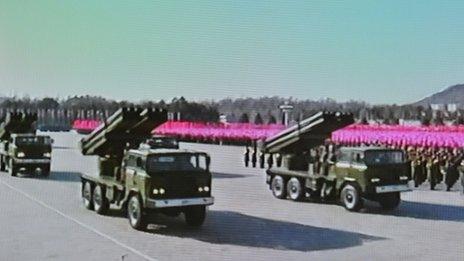
- Published29 February 2012
- Published29 February 2012
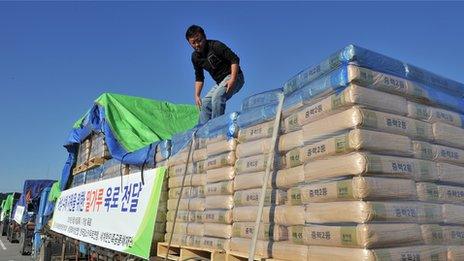
- Published2 April 2013
- Published29 February 2012
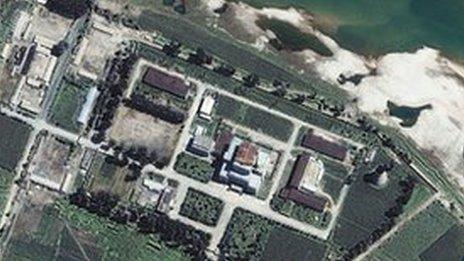
- Published10 August 2017
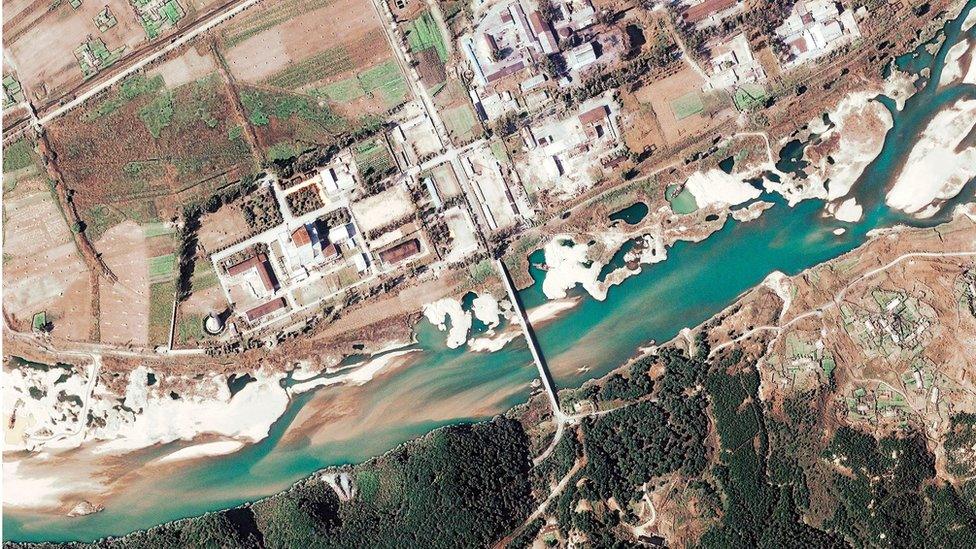
- Published19 July 2023
